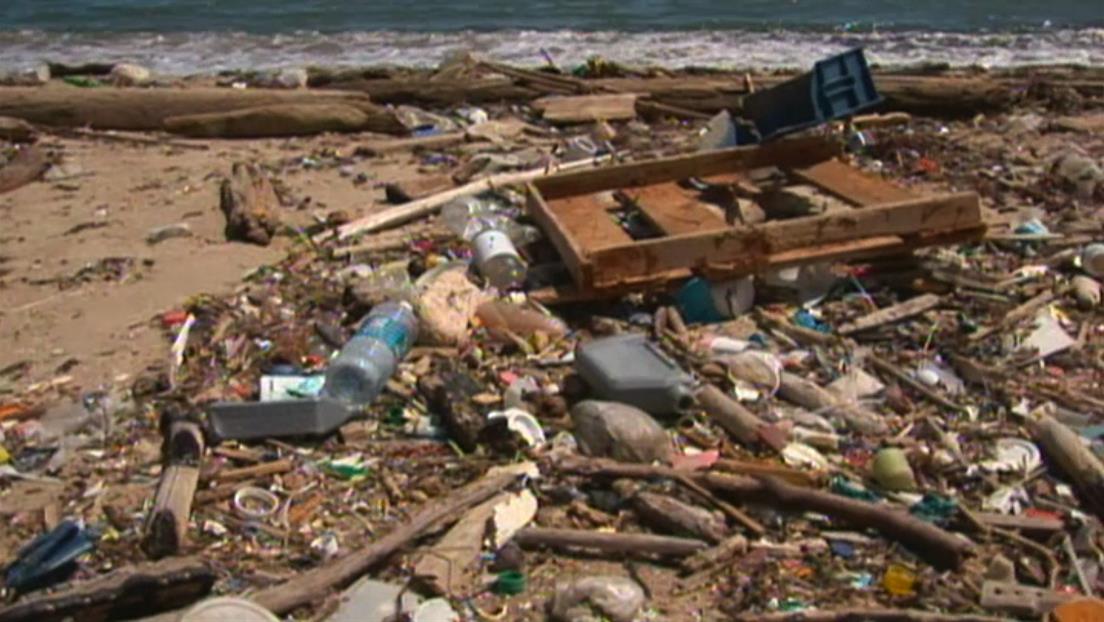


This term is the greatest contribution of the book, and she uses it frequently. Isenberg uses the neologism "waste people" to describe the "unwanted and salvageable" lower-class white people of American history (p. Poor whites have been known by many names across time and place, but, like class hierarchies, "they do not disappear" (p. She argues that "white trash" people are a "central, if disturbing, thread in our national narrative," and are essential to American national identity (p. The premise of her book is straightforward: America has a class system and always has.

As the title of her book suggests, Nancy Isenberg's White Trash seeks to ambitiously re-frame 400 years of American history-from the colonial period to the present-through the lens of class.


 0 kommentar(er)
0 kommentar(er)
